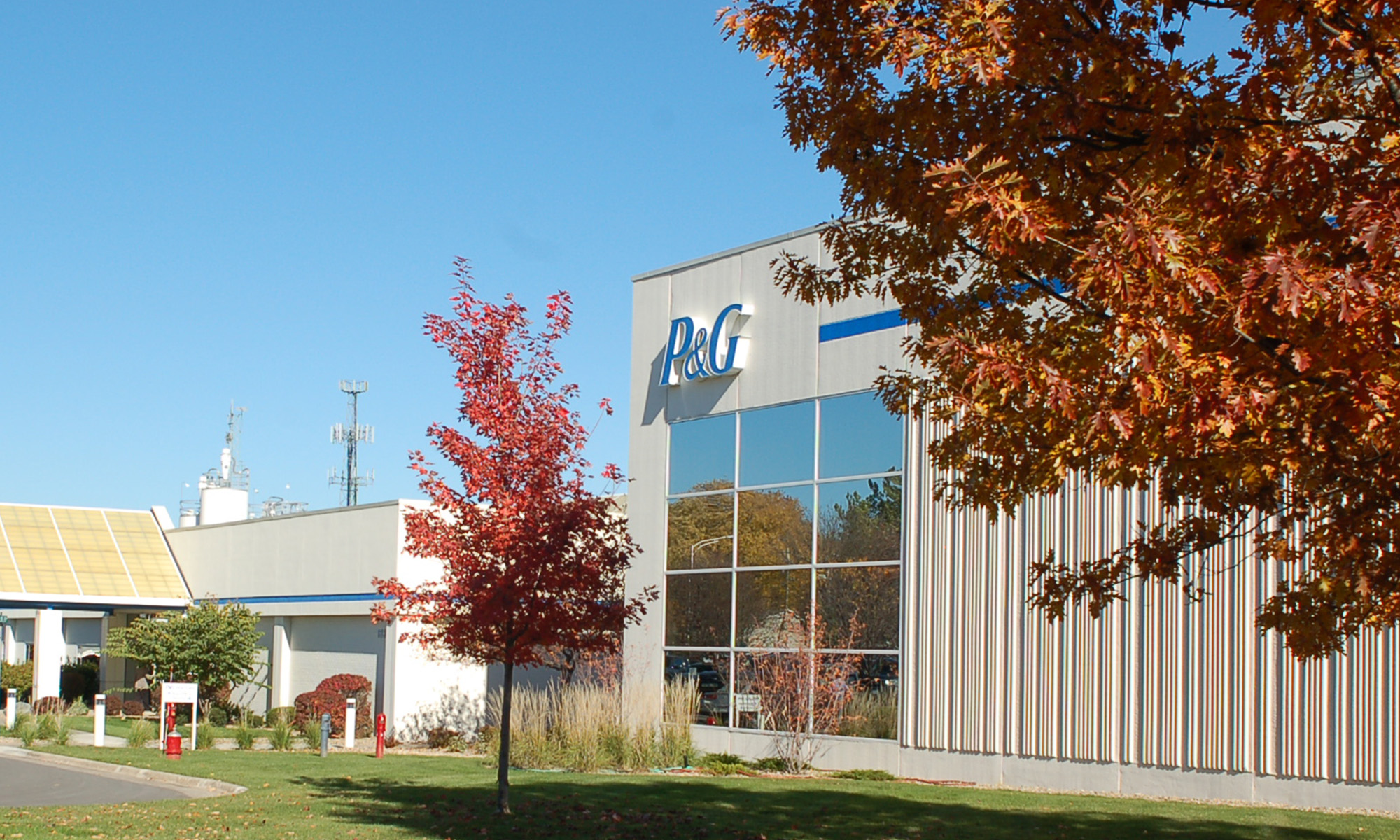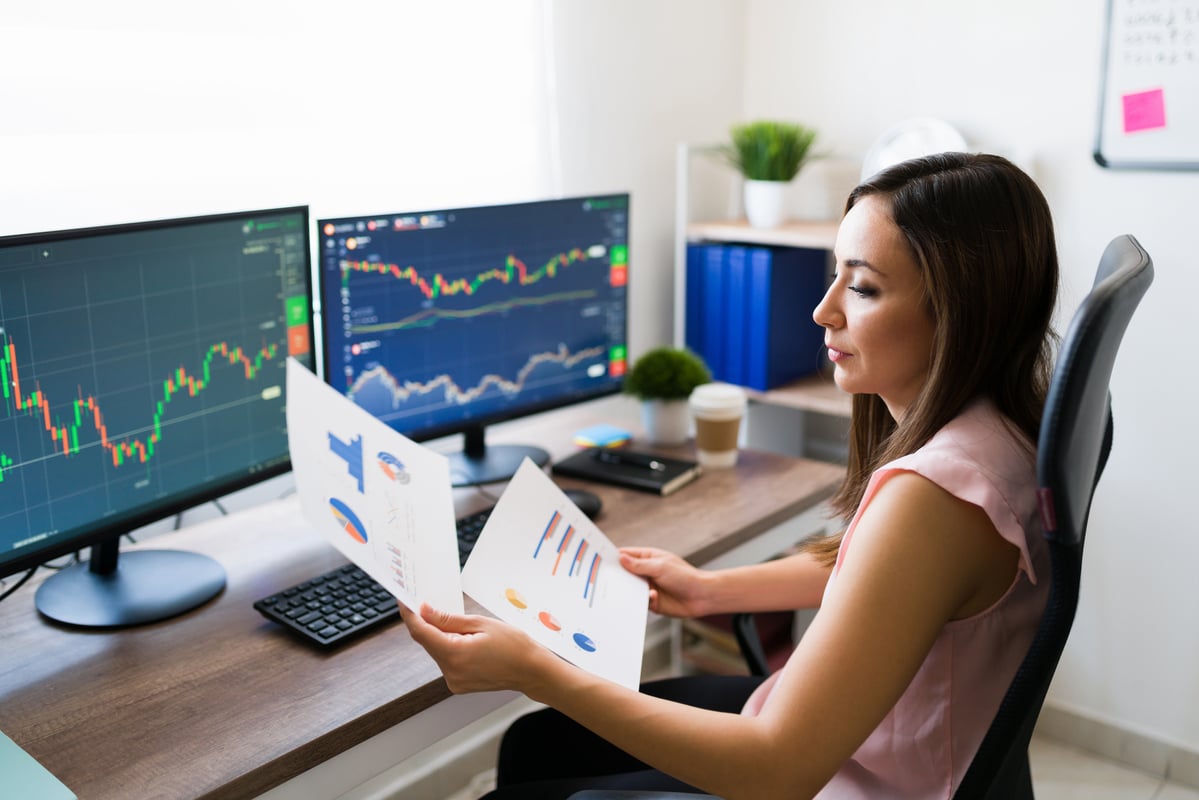Procter & Gamble (PG +1.25%) has a commanding presence across the globe, with more than 20 billion-dollar brands that include favorites like Pampers diapers and Tide laundry detergent. P&G's dividend yield is also attractive, and at its current level of 3.2%, Procter & Gamble pays a better dividend than many of its peers in the Dow Jones Industrials and throughout the rest of the stock market.
P&G's above-average yield isn't even the biggest draw for dividend investors, because the company has an impressive track record of dividend growth that goes back for more than 60 years. However, Procter & Gamble does have some risk with its business, and investors have been less confident lately about this blue-chip company's ability to weather the ups and downs of the business cycle and generate good long-term returns both through dividend payments and rising share prices.
Dividend stats on Procter & Gamble
|
Current Quarterly Dividend Per Share |
$0.69 |
|
Current Yield |
3.2% |
|
Number of Consecutive Years With Dividend Increases |
61 years |
|
Payout Ratio |
75% |
|
Last Increase |
April 2017 |
Data source: Yahoo! Finance. Last increase refers to ex-dividend date.
How P&G's dividend has been on the rise
Only half a dozen companies can claim streaks of dividend increases as long as Procter & Gamble, and what's especially noteworthy is just how consistent and healthy those dividend increases have generally been. Throughout the 1990s, dividend growth routinely amounted to 10% to 15% per year, and only economic disturbances did much to slow that growth down temporarily. After slower gains from 2000 to 2002, P&G returned to strong growth, and even the financial crisis in 2008 didn't lead to a slowdown from its double-digit percentage annual boosts to its quarterly payout.
Many dividend investors came to take P&G's stability for granted. As a maker of consumer staples, Procter & Gamble counts on stable demand even during periods of economic difficulty, because people still need to basic necessities that the company produces. That thesis hasn't kept P&G stock from falling during tough market periods, but it has kept its fundamental financial performance strong. That in turn has built investor confidence in its future.
PG Dividend data by YCharts.
However, dividend growth has slowed markedly in just the past few years. Even during a period of expansion for the U.S. economy, Procter & Gamble made less than a 10% boost to its dividend in 2010, and since then, the pace of rising dividends has only fallen further. 2016 brought the worst news yet, just a token 1% rise, and even 2017's recent 3% increase hasn't restored confidence for dividend investors.
Will P&G be able to keep its streak alive?
Several factors have eaten into Procter & Gamble's long-term competitive advantage. General sluggishness in retail has plagued many consumer goods producers. Also, as shoppers move away from brick-and-mortar stores and toward e-commerce solutions, the value that P&G's distribution prowess brings in dominating prominent positions on grocery-store shelves has diminished. The U.S. market is well-developed enough to make this process take more time, but internationally, some newly emerging markets might well move directly toward online distribution models, skipping big-box retail entirely. With that more level playing field, P&G will have a tough time commanding the premium prices it currently has.

Image source: Procter & Gamble.
Procter & Gamble isn't going down without a fight. The company has developed a plan to boost sales that includes higher product quality, more attractive packaging and marketing, and a commitment to provide value that justifies above-market pricing. P&G doesn't want to be the low-cost provider, but it does want to demonstrate that its products are worth what consumers pay.
Keep an eye on P&G's dividend
What Procter & Gamble needs to do to reassure dividend investors about the sustainability of its current payout is to find more ways to restore earnings growth. With a payout ratio that has crept upward over time, P&G needs to make progress with its long-term strategic vision in order to demonstrate that it can reverse negative trends. Otherwise, the ever-shrinking dividend increases we've seen in recent years could give way to declines in the future.







